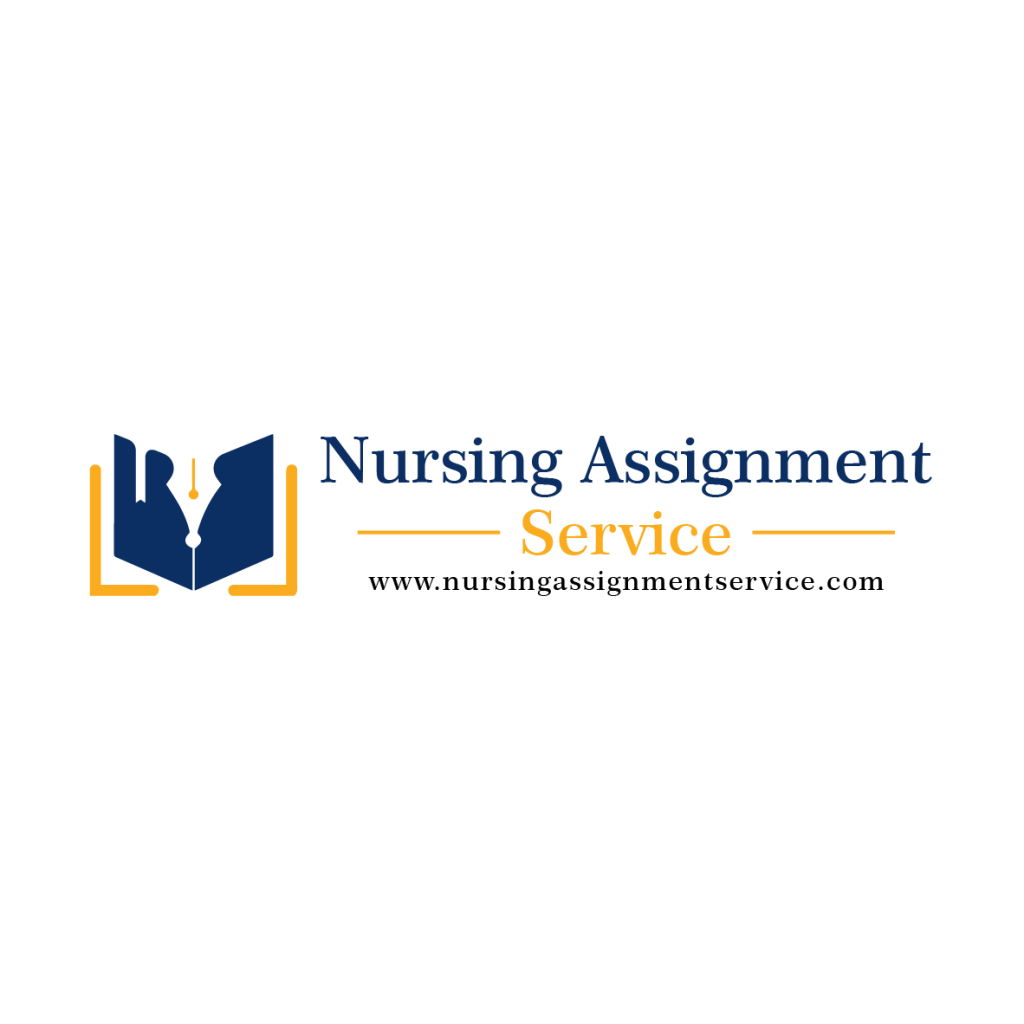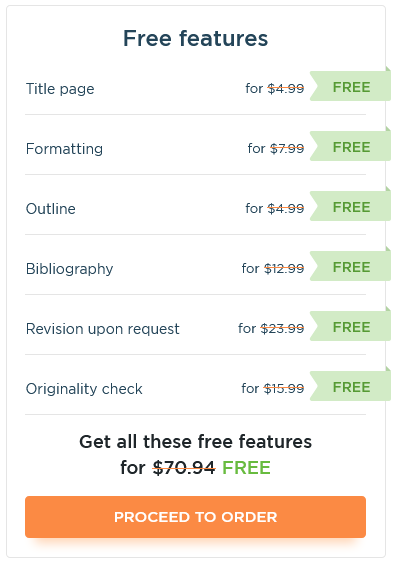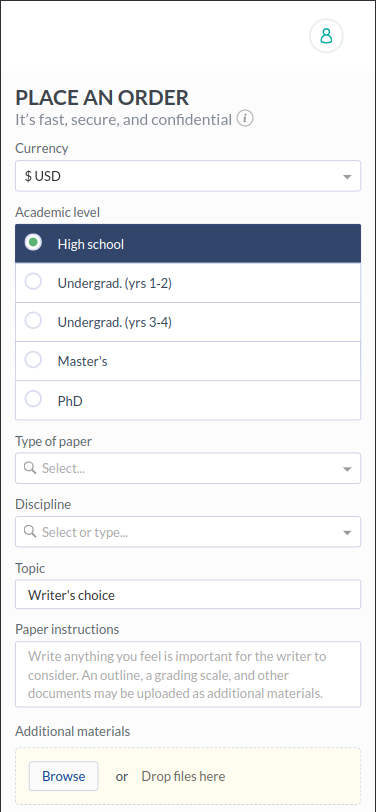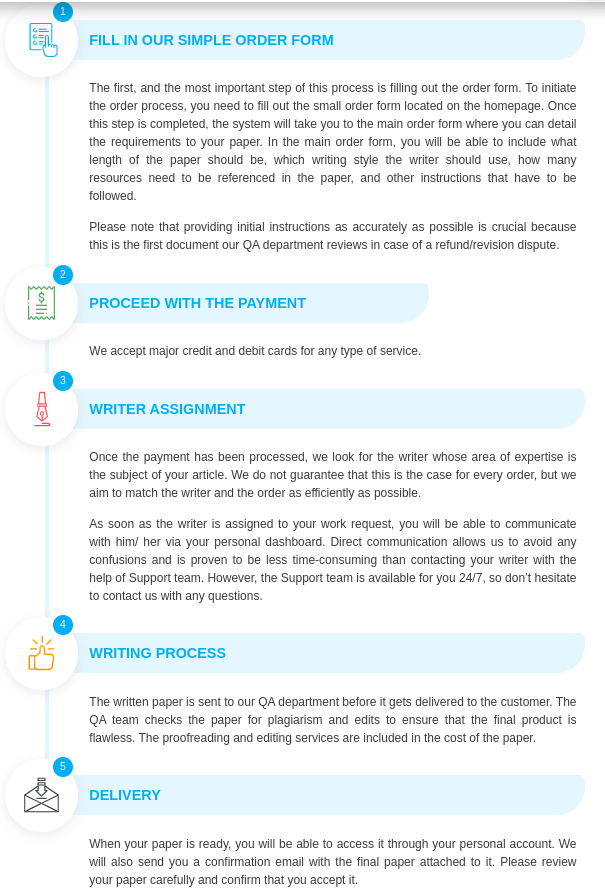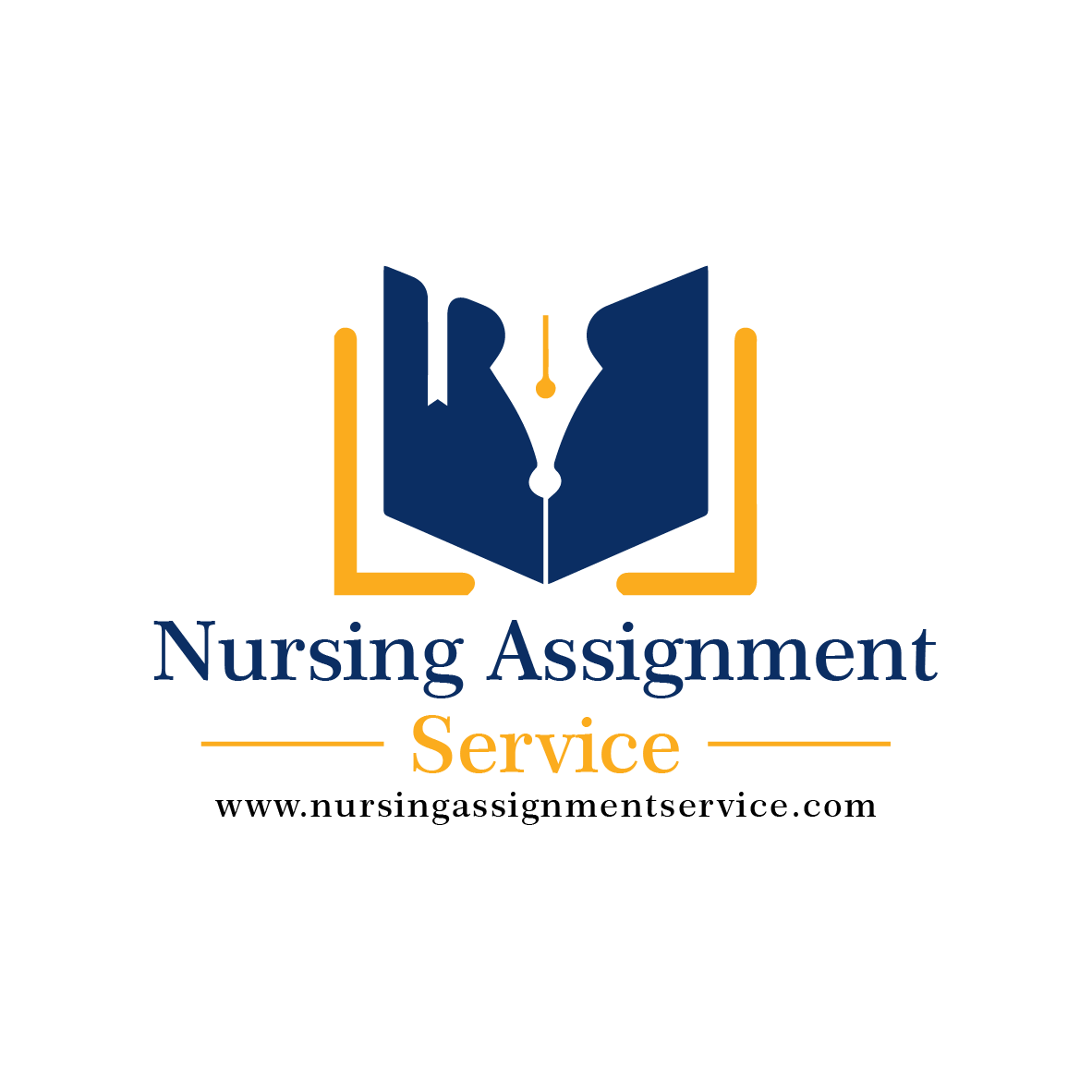NR 501 Week 2 Ways of Knowing
Purpose
The purpose of the graded collaborative discussions is to engage faculty and students in an interactive dialogue to assist the student in organizing, integrating, applying, and critically appraising knowledge regarding advanced nursing practice. Scholarly information obtained from credible sources as well as professional communication are required. Application of information to professional experiences promotes the analysis and use of principles, knowledge, and information learned and related to real-life professional situations. Meaningful dialogue among faculty and students fosters the development of a learning community as ideas, perspectives, and knowledge are shared.
Activity Learning Outcomes
Through this discussion, the student will demonstrate the ability to:
- Demonstrate logical and creative thinking in the analysis and application of a theory to nursing practice. (PO 2 and 5) Weeks 2, 6
- Examine broad theoretical concepts as foundational to advanced nursing practice roles. (PO 1 and 2) Weeks 1, 2, 4
- Analyze theories from nursing and relevant fields with respect to the components, relationship among the components, and application to advanced nursing practice. (PO 1) Weeks 4, 6
Due Date: Sunday, 11:59pm MT
A 10% late penalty will be imposed for discussions posted after the deadline on Wednesday, regardless of the number of days late. Nothing will be accepted after 11:59pm MT on Sunday (i.e. student will receive an automatic 0). Week 8 discussion closes on Saturday at 11:59pm MT.
Total Points Possible: 75
Requirements:
Discussion Criteria
- Application of Course Knowledge: The student post contributes unique perspectives or insights gleaned from personal experience or examples from the healthcare field. The student must accurately and fully discuss the topic for the week in addition to providing personal or professional examples. The student must completely answer the entire initial question.
- Engagement in Meaningful Dialogue: The student responds to a student peer and course faculty to further dialogue.
- Peer Response: The student responds substantively to at least one topic-related post by a student peer. A substantive post adds content or insights or asks a question that will add to the learning experience and/or generate discussion.
- A post of “I agree” with a repeat of the other student’s post does not count as a substantive post. A collection of shallow posts does not equal a substantive post.
- The peer response must occur on a separate day from the initial posting.
- The peer response must occur before Sunday, 11:59 p.m. MT.
- Faculty Response: The student responds substantively to at least one question by course faculty. The faculty question may be directed to the student, to another student, or to the entire class.
-
- A post of “I agree” with a repeat of the faculty’s post does not count as a substantive post. A collection of shallow posts does not equal a substantive post.
- The faculty response must occur on a separate day from the initial posting.
-
- Peer Response: The student responds substantively to at least one topic-related post by a student peer. A substantive post adds content or insights or asks a question that will add to the learning experience and/or generate discussion.
- Integration of Evidence: The student post provides support from a minimum of one scholarly in-text citation with a matching reference and assigned readings or online lessons, per discussion topic per week.
- What is a scholarly resource? A scholarly resource is one that comes from a professional, peer-reviewed publication (e.g., journals and government reports such as those from the FDA or CDC).
- Contains references for sources cited
- Written by a professional or scholar in the field and indicates credentials of the author(s)
- Is no more than 5 years old for clinical or research articles
- What is not considered a scholarly resource?
- Newspaper articles and layperson literature (e.g., Readers Digest, Healthy Life Magazine, Food, and Fitness)
- Information from Wikipedia or any wiki
- Textbooks
- Website homepages
- The weekly lesson
- Articles in healthcare and nursing-oriented trade magazines, such as Nursing Made Incredibly Easy and RNMagazine (Source: What is a scholarly article.docx; Created 06/09 CK/CL Revised: 02/17/11, 09/02/11 nlh/clm)
- Can the lesson for the week be used as a scholarly source?
- Information from the weekly lesson can be cited in a posting; however, it is not to be the sole source used in the post.
- Are resources provided from CU acceptable sources (e.g., the readings for the week)?
- Not as a sole source within the post. The textbook and/or assigned (required) articles for the week can be used, but another outside source must be cited for full credit. Textbooks are not considered scholarly sources for the purpose of discussions.
- Are websites acceptable as scholarly resources for discussions?
- Yes, if they are documents or data cited from credible websites. Credible websites usually end in .gov or .edu; however, some .org sites that belong to professional associations (e.g., American Heart Association, National League for Nursing, American Diabetes Association) are also considered credible websites. Websites ending with .com are not to be used as scholarly resources.
- What is a scholarly resource? A scholarly resource is one that comes from a professional, peer-reviewed publication (e.g., journals and government reports such as those from the FDA or CDC).
- Professionalism in Communication: The post presents information in logical, meaningful, and understandable sequence, and is clearly relevant to the discussion topic. Grammar, spelling, and/or punctuation are accurate.
- Wednesday Participation Requirement: The student provides a substantive response to the graded discussion question(s) or topic(s), posted by the course faculty (not a response to a peer), by Wednesday, 11:59 p.m. MT of each week.
- Total Participation Requirement: The student provides at least three substantive posts (one to the initial question or topic, one to a student peer, and one to a faculty question) on two different days during the week.
Sample Discussion Post
Several years ago, I was orienting in an emergency room. I believe I may have been there about 1 week; it was a larger capacity ER than what I had been working in previously, I was overwhelmed as is. A patient was brought in, an elderly woman. There were several of us in the room, the PA, the MD, a few other nurses, and I believe a QI person of some sort that was an RN also. We were discussing what we would be doing with the patient, she was not doing well at all. The decision came about to place an external pacemaker on the patient; I have not done anything like this. The MD basically, in front of all these people, asked that I do this. I froze in place and began to panic; it must’ve been noticeable, the QI person jumped in to assist me. This ER was a clique, and they knew I was a new hire. I know in my being I wanted to care for this patient but was not given the right tools and guidance to do so; that is not fair to the patient. I also found this to be unprofessional and unethical. The MD, I felt, did this to test me and see what I knew. The phrases eat their young and being thrown to the wolves bodes well in this situation. What is being identified here is a situation where my preceptor should not have allowed this to happen, and we could have worked on this together if she had stepped in with me and guided me. Because of the poor orientation and the negativity in this environment, I chose to resign.
From a personal knowledge standpoint, lack of empathy and the inability to develop a relationship and rapport with the preceptor is what I reflected on. In many situations of nursing and caring for patients, reflection comes upon me after a day’s work, often to think about what could have been differently, certainly not all is negative, but just to think about if things could have been done one way or the other and what will be done the next time any situation comes up again. From this instance, there is a large problem of improper orientation of new nurses, following that with the unsurpassable ability to keep nursing on staff due to lack of proper orientation. It is no secret that retention of nurses begins with positive orientation and positivity in the workplace. Positive work environments start with positive leaders, and leaders set examples for our followers (Uchmanowicz et al., 2020). If I learned anything from this experience is to be a leader and set an example for younger or newer nurses; I have been a preceptor for several new nurses and have done so to the best of my ability with this ill experience in my mind.
I make a conscious effort to be fair, listen intently and be sure that my orientee gets everything they need out of the experience. I may overly ask if they have any questions and if they understand what is being taught. Experience plays a large part in gaining confidence in what we do every day. Also, over the years, I have had other situations that have been brought about, but I am willing and able to handle with more confidence and trust my ability as a nurse. I will continue to treat my colleagues, whether superior or inferior, with respect, empathy and understanding so that they will not feel the way I did in this situation as I can fully relate. I want to promote a positive environment with my colleagues; it is important for personal well being as well as promoting the best care we can to our patients when we are confident in ourselves and our work. Butts and Rich (2018) state that nurses must be on alert and attentive to circumstances that stray away from the goal of patient care; these situations need addressed and nurses must strive for achievement of maximizing health in all situations such as persons, their families and the community in which nurses serve. This is what I strive to be as a nurse and to instill in nurses orienting with me.
References
Butts, B.J. & Rich, L.K. (2018). Philosophies and theories for Advanced Nursing Practice (3rd ed.). Jones and Bartlett Learning.
Uchmanowicz, I., Witczak, I., Rypicz, Ł., Szczepanowski, R., Panczyk, M., Wiśnicka, A., & Cordeiro, R. (2020). A new approach to the Prevention of Nursing Care Rationing: Cross‐sectional study on positive orientation. Journal of Nursing Management, 29(2), 317–325. https://doi.org/10.1111/jonm.13156
Our team of expert nursing writers at Nursing Assignment Service can help you with your NR 501 Week 2 Ways of Knowing, place your order here.
